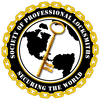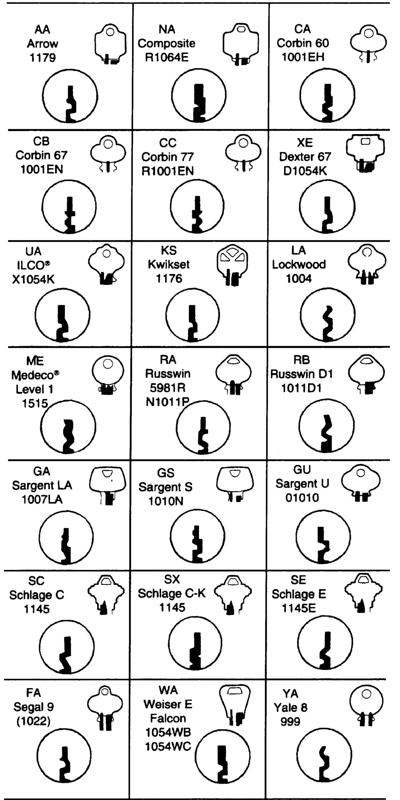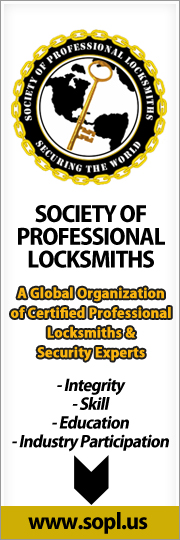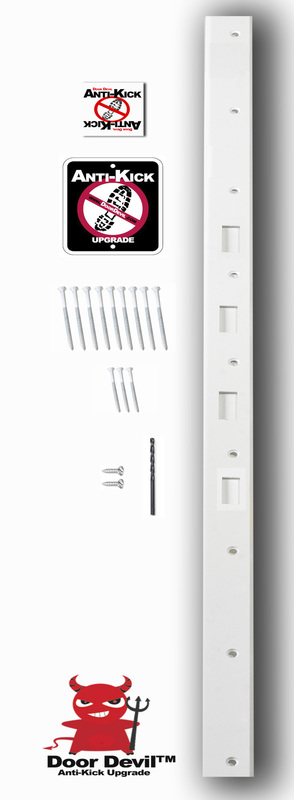|
On October 1st, 2012 a news story ran in the NY Post about a retired locksmith named Daniel Ferraris from New Jersey who sold a set of 5 keys on Ebay that were being called Masterkeys for the New York City Fire Department. Reference - http://www.nypost.com/p/news/local/lock_away_these_nyc_keys_g3PWCp3FzMapURRjyssJ4J This apparently angered NY City officials and public advocate Bill DeBlasio who raised concerns over terrorism. Keywords such as being alarmed, angered, lives at risk, safety, and more surfaced. Calls to Home Land Security were even made! DeBlasio himself went so far to say - "We cannot let anyone sell the safety of over 8 million people so easily. Having these keys on the open market literally puts lives at risk. The billions we've spent on counter-terrorism have been severely undercut by this breech [sic]." A NYFD lieutenant said, “This guy should be prosecuted for selling something like that." This blog entry may help to "put out a fire" and possibly help to point to the cause of the fire, which may not necessarily be retired locksmith Daniel Ferraris. The Society of Professional Locksmiths was contacted by the NY Post to examine the images of these keys to determine if they could be decoded and made simply by sight. The answer is Yes, they can be "decoded" visually. This is a skill of "reading the key" and is often utilized by professional locksmiths, although it is not impossible for a novice to achieve with trial and error. But there is a missing component not being mentioned. Reference - http://www.nypost.com/p/news/local/quick_cheap_to_duplicate_LDyfssGvqhuyUrG6b0P6YM You have to know which keyblank to use and have access to the right one that fits the actual lock cylinder. The keys in question ARE NOT restricted or controlled in any manner or by any locksmith industry standards or ethics. They are commercially available keys with easily obtainable blanks. There are no markings on the key to indicate any sensitivity, patent number, serial numbers or even a Do Not Duplicate stamping. What makes a key restricted is the restriction or reserved distribution of the blanks themselves among authorized dealers. The idea that anyone can stamp a key with Do Not Duplicate does not mean it is restricted In fact, there are many companies that stamp keys with this marking as Barry Campbell Managing Director of the SOPL points out - "There is a reason someone stamped that key that way!" Some would argue that some lockmsiths would stamp Do Not Duplicate on every key in an effort to prevent competitors from duplicating them. Even institutional locksmiths and university's stamped keys are not truly restricted but they are indicating that the key is part of a larger security concern which should be respected. High security lock cylinders or locking systems are useless if the keyblanks they use are made freely available and offer no key control management. Daniel Ferraris offered for sale keys that were not restricted by design but by possible internal policy of the NYFD. The term Masterkey is also questionable since many people mistakenly identify their keys as being a masterkey simply because it opens more than one lock. To understand the difference between a masterkey, operating key, change key and more it would be necessary to review Basic Masterkeying - http://www.sopl.us/basic-masterkeying.html A key with a single bitting combination which is issued to everyone in the NYFD is not a masterkey if the lock cylinders are all fit to operate that single combination and no others. To further understand the differences between Do Not Duplicate, Do Not Copy, proprietary key systems and un-monitored keys, read institutional locksmith Don O'Shalls paper on "Do Not Duplicate" - Reference - http://locksmithcharley.com/DND.pdf In his writing Don also points out institutional policy as it relates to controlling keys. So what exactly was or is the policy in the NY Fire Department? Mayor Bloomberg states that they are investigating current procedures to ensure "proper controls are in place." Reference - http://www.huffingtonpost.com/2012/10/01/nyc-master-keys-being-sold-ebay-daniel-ferraris_n_1928603.html?utm_hp_ref=new-york Of the 5 keys sold on EBAY, 3 of them were Yale keyways. None were restricted. However, Yale does have 3 levels of security cylinders with exclusive keyways. The highest restriction being the VYZ keyway where keys can only be obtained from the manufacturer and only with an authorized signature. There are many such systems which require an authorized signature that even the local locksmith provides. Reference - http://stuff.mit.edu/afs/sipb/user/jhawk/cyl_keys.pdf The NYFD and City of New York did not utilize such systems when we examine these keys. By claiming they are restricted appears to be more of an internal policy to prevent their firefighters from having unauthorized duplicates made. So who is to blame? If retired locksmith Daniel Ferraris promoted and sold these keys on EBAY with full knowledge of what they were for, then shame on him, he knows better. But the question still comes back to the fact that they are not restricted and can be made without any penalty. If the NYFD chose to use a non-restrictive locking system or failed to upgrade those in highly sensitive applications that could result in chaos, then maybe Bill DeBlasio and others need to look more closely at why they are presenting a false sense of security and any mentioning of prosecution may become negligence on behalf of New York City and the NYFD. Unlike the Associated Locksmiths of America (ALOA) which advises its members to treat the "Do Not Duplicate" keys in the same manner as any unrestricted key, we at the Society of Professional Locksmiths disagree with their standards and prefer the ethical approach by recommending a refusal of service. Other alternatives are available such as rekeying the lock the key fits, or replacing the hardware. Keys with this stamping are in essence no longer capable of being generated beyond itself. Reference - http://www.sandiegolockandsafe.com/docs/aloatechnicalstandards.pdf There is no need for more rules, laws or prosecution. What is needed is better "key control" and members of the Society of Professional Locksmiths provide such products and services. Another thing to consider is that mass retailers are now using automated vending machines to duplicate keys and there is no way to prevent an unauthorized key from being made. MinuteKey is the company who provides these machines in places such as Lowes claim in their FAQ's the following - Can I copy “Do Not Duplicate,” school building, high-security, public institution or other restricted keys? No, this machine is not to be used for duplicating these types of keys. See Terms & Conditions. Reference - http://www.minutekey.com/faq.htm What is needed is for the consumer and others to learn and understand what the professional and ethical locksmiths offer and how they can resolve these issues cost effectively. Ask your Locksmith! - http://www.sopl.us/public-service-announcements.html The following keys shapes and many others can be duplicated without your knowledge. If you have one of these on your key ring, contact your local Society of Professional Locksmiths and ask for an upgrade.
4 Comments
bobhdus
10/7/2012 15:49:03
A person can always break off the bow or add tape over the stamping so that you cannot see the dnd stamping. Better to use a restricted keyway.
Reply
10/9/2012 17:03:14
Enough said, There is a reason someone stamped that key that way! "Do Not Duplicate"
Reply
Your comment will be posted after it is approved.
Leave a Reply. |
Categories
All
|
Services |
Company |
|




 RSS Feed
RSS Feed
